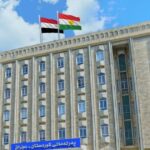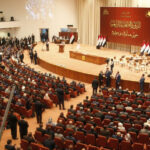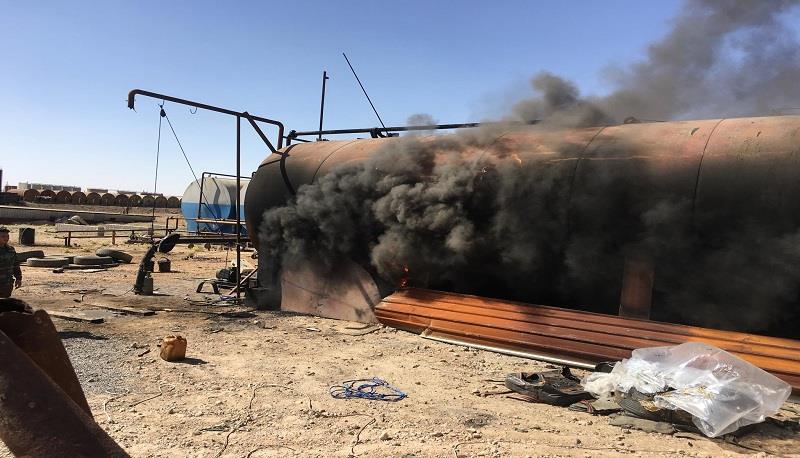Illegal Oil Refineries Continue to Operate in Kurdistan Despite Health Risks
Omed Khoshnaw, the Mayor of Erbil, recently stated that the illegal oil refineries in the Kurdistan Region would not be closed, arguing that they are “necessary for the region.” This controversial decision has sparked outrage, particularly in light of the severe health and environmental consequences these refineries have been causing.
Cancer Rates on the Rise:
The continued operation of these illegal refineries has contributed to a significant increase in cancer cases across Kurdistan. The toxic emissions from these refineries, which lack proper regulation and oversight, release harmful pollutants into the air and water. Residents living near these refineries have reported higher incidences of respiratory illnesses, skin conditions, and, most alarmingly, cancer. The Kurdistan Region’s healthcare facilities have seen a dramatic rise in cancer diagnoses, directly linked to the pollution caused by these unregulated oil operations.
Connections to ISIS and Smuggling:
MP Soran Omar revealed that many of these illegal refineries have a dark history tied to terrorism. Back in 2015, it was disclosed that these refineries were processing smuggled oil, including oil stolen from Syria and Iraq. During that period, much of the oil being refined and sold domestically in Kurdistan was purchased from ISIS. This connection to a terrorist organization highlights the dangerous and unethical practices behind these operations. The fact that these refineries continue to function despite their history of financing terrorism and contributing to environmental degradation raises serious concerns about the priorities and governance within the region.
Lack of Action and Continued Operation:
Although the Governor of Erbil announced the decision to close these illegal refineries a week ago, Kurdfile’s investigation revealed that this decision has not been enforced. Approximately 200 illegal refineries remain active in Kurdistan—138 in Erbil, 31 in Duhok, and 26 in Sulaimani—continuing to pollute the environment and endanger public health. The decision to keep these refineries open, despite their harmful effects and ties to terrorism, reflects a troubling disregard for the well-being of the people and the rule of law in the Kurdistan Region.
Author Profile
- Diyar Harki is an independent investigative journalist and human rights advocate. As a member of the National Union of Journalists (NUJ), he focuses on exposing corruption and human rights abuses in Kurdistan and Iraq. He voluntarily contributes to Kurdfile Media.
 Kurdistan18 January 2026Will the Terrorists Be Released?
Kurdistan18 January 2026Will the Terrorists Be Released? Opinion17 January 2026A Risk That Could Reshape the Kurdistan Region
Opinion17 January 2026A Risk That Could Reshape the Kurdistan Region Reports7 January 2026Kurdistan MPs Receive Millions in Salaries as Parliament Remains Paralyzed
Reports7 January 2026Kurdistan MPs Receive Millions in Salaries as Parliament Remains Paralyzed Political3 January 202634% of Kurdish MPs in Iraqi Parliament Lack Arabic Proficiency
Political3 January 202634% of Kurdish MPs in Iraqi Parliament Lack Arabic Proficiency

